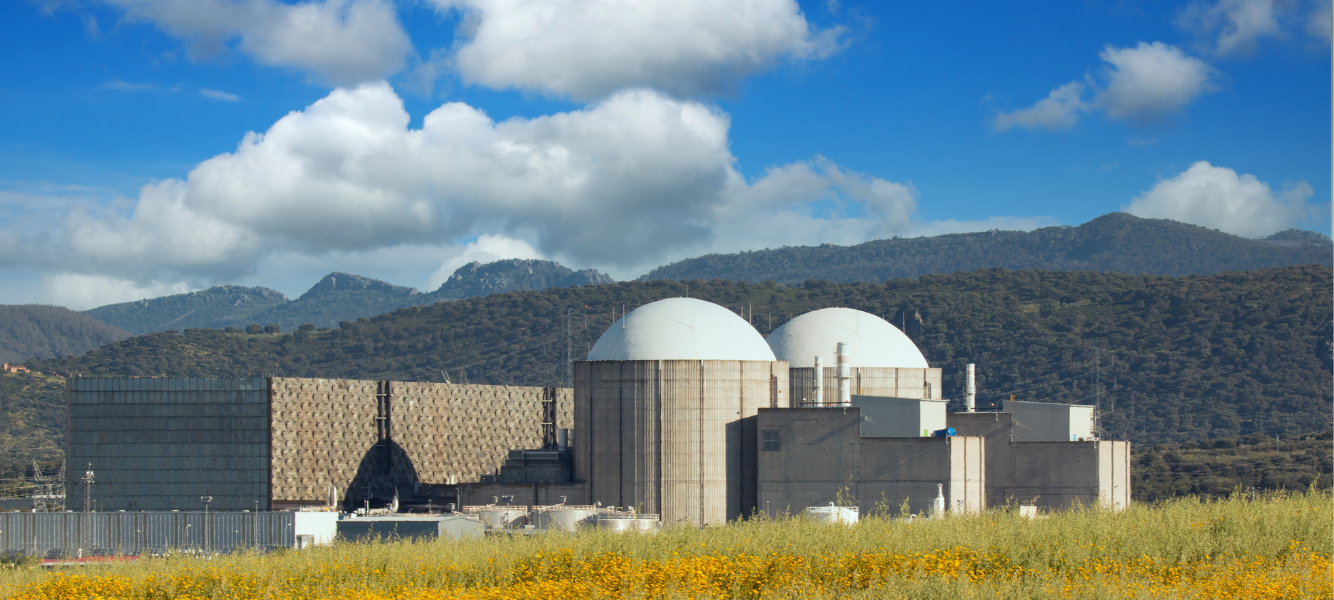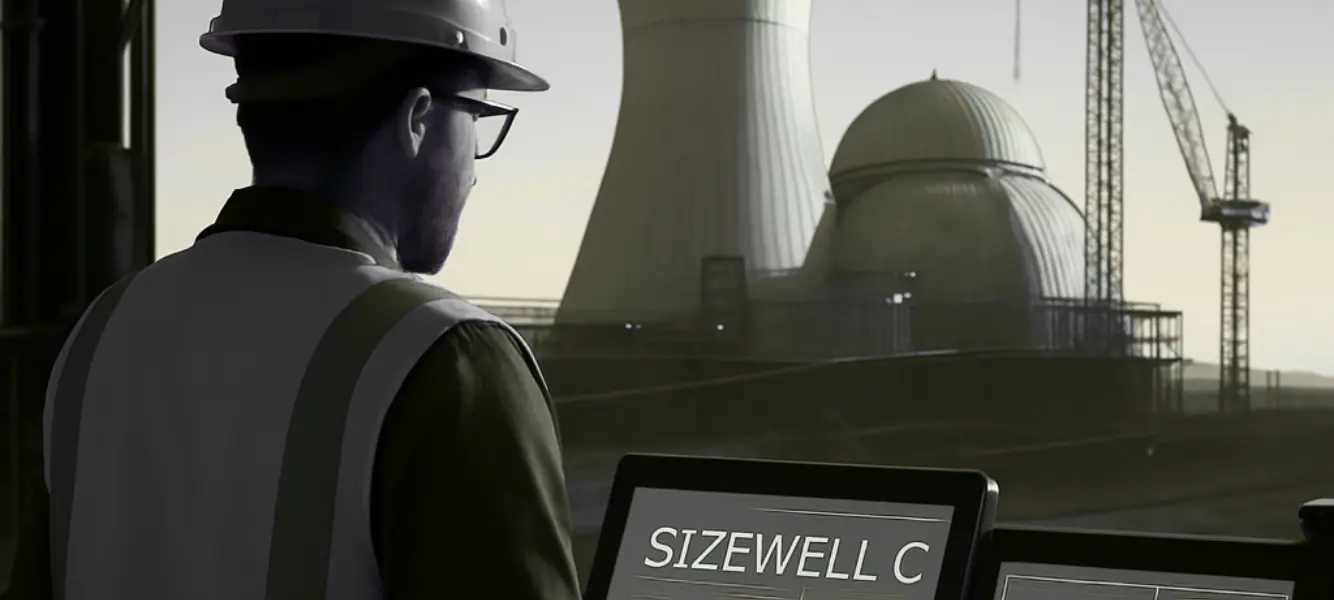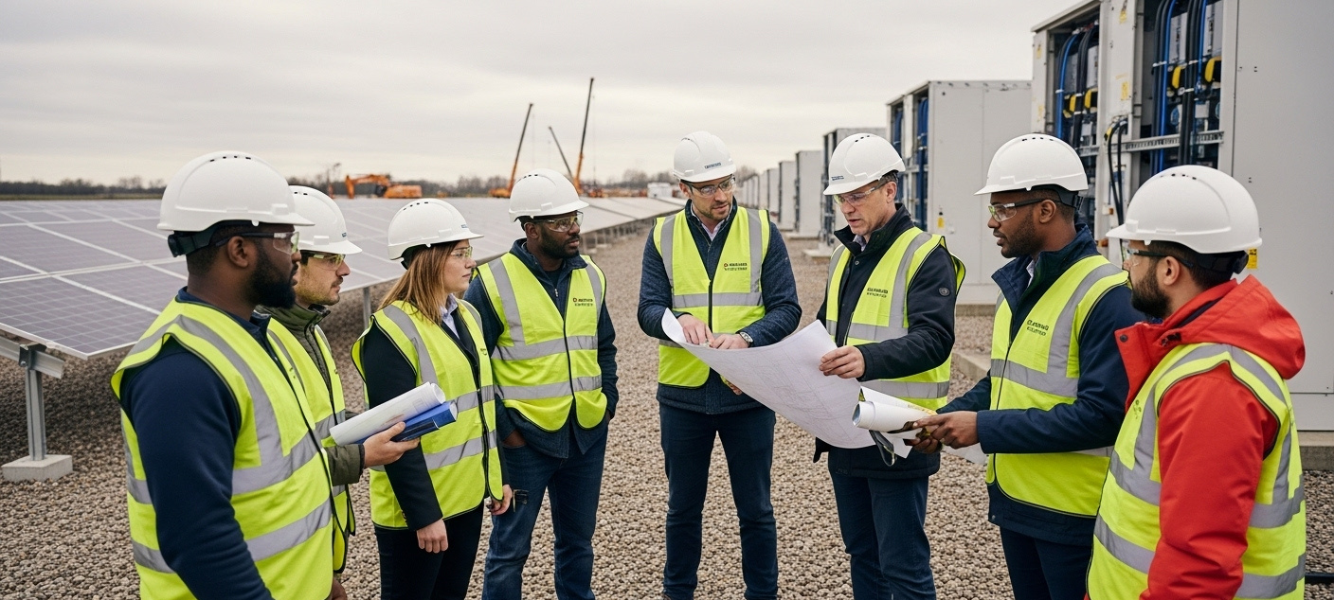In a landmark moment for the global energy transition, renewables overtake coal for the first time in history.
According to Ember’s Global Electricity Mid-Year Insights 2025, renewables generated more power worldwide than coal in the first half of this year, marking a critical turning point in how the world produces and consumes energy.
This shift, driven by rapid growth in solar and wind, signals more than environmental progress.
It marks a structural transformation of the global energy system, and with it, a complete reshaping of how businesses hire, develop, and retain the talent that will power the decades ahead.
For Astute, which works across renewables, power, and nuclear, this milestone offers a clear view of where the energy jobs market is heading next, and where businesses will need the right people most.
How Renewables Surpassed Coal in 2025
Ember’s analysis shows that renewables produced around 5,072 terawatt-hours of electricity in the first half of 2025, surpassing coal’s 4,896 terawatt-hours.
Solar generation alone rose by over 30%, while wind power increased by nearly 8%.
Together, these clean technologies accounted for the majority of new global electricity supply, growing faster than overall demand.
The scale of change is immense.
Solar farms and wind parks across China, India, and Europe have been connecting to the grid at record pace, supported by government incentives and falling technology costs.
Coal, meanwhile, is beginning to retreat, not because of lack of demand, but because cleaner, cheaper alternatives are now readily available.
In China and India, both traditionally heavy coal consumers, renewable deployment is accelerating to the point where fossil generation is no longer automatically the fallback.
In the United States and parts of Europe, coal plants have been kept online to compensate for weaker wind and hydro output earlier this year, highlighting that flexibility remains a key challenge.
But even there, investment is moving sharply toward battery storage, grid upgrades, and flexible gas assets designed to complement renewables rather than compete with them.
This is not a temporary blip.
It’s the beginning of a structural change that will shape investment and hiring for decades.
Why Renewables Overtaking Coal Matters for Energy Recruitment
Every major technological shift creates a wave of new career opportunities, and this one is bigger than most.
As renewable generation scales, the demand for talent is expanding across every part of the energy value chain, from project development to commissioning, operations, trading, and maintenance.
The surge in solar and wind build-out is creating sustained demand for engineers, project managers, environmental specialists, and operations teams who can keep assets performing efficiently.
But it is also fuelling growth in less visible areas such as grid integration, control systems, and energy storage, which are increasingly vital for keeping renewable electricity reliable and affordable.
At the same time, the rise of renewables is not eliminating demand for traditional energy expertise but transforming it.
Power generation remains a balancing act.
While renewables provide clean capacity, flexible and fast-response systems such as battery energy storage, open-cycle gas turbines, and hybrid peaker plants ensure stability when the wind isn’t blowing or the sun isn’t shining.
That means mechanical, electrical, and control engineers from thermal and conventional backgrounds remain in demand, particularly if they are open to transitioning into cleaner or hybrid technologies.
For many candidates, this represents a once-in-a-generation opportunity to apply existing expertise in a fast-evolving, future-proof sector.
Grid Challenges After Renewables Exceed Coal Generation
As renewable capacity grows, the grid itself is becoming the new bottleneck.
The ability to generate clean electricity is no longer the problem; the challenge lies in connecting, transmitting, and balancing it.
In markets such as the UK and US, developers face lengthy delays securing grid connection agreements.
The skills needed to plan, model, and expand these networks are becoming some of the most sought-after in the entire sector.
Grid connection engineers, protection and control specialists, power systems modellers, and high-voltage project managers are increasingly in short supply.
Their expertise underpins the entire clean energy transition, yet competition for their skills spans multiple industries, from utilities and transmission system operators to battery developers, data centre operators, and large industrial users electrifying their operations.
This is where targeted recruitment partnerships become critical.
Finding and securing this calibre of technical talent requires both industry knowledge and access to networks that extend beyond traditional job boards.
Transitioning Coal Talent as Renewables Overtake Coal Globally
As coal generation declines, the people who have operated and maintained those plants represent a valuable, experienced workforce.
They possess deep technical knowledge of large-scale energy systems, safety protocols, and plant operations.
With the right upskilling, many can transition into renewables, storage, or flexible generation roles.
Astute sees a growing number of clients exploring structured re-skilling programmes that help thermal engineers and operators move into cleaner technologies.
This might involve additional training in battery systems, grid code compliance, or control room operations. But fundamentally, the mechanical, electrical, and operational principles remain familiar.
Recruiters and employers who recognise this potential will gain access to an often-overlooked pool of skilled, motivated candidates who already understand the discipline and responsibility that large-scale energy infrastructure demands.
Global Recruitment Trends in a Post-Coal Era
Unlike fossil fuels, which are geographically constrained, renewable resources are everywhere.
Sunlight and wind don’t respect borders, and as technology costs fall, investment is spreading fast.
That’s driving a more globalised energy workforce, where skills are transferable between regions and projects.
Developers and utilities now compete for the same specialists across multiple continents.
Engineers who once worked exclusively in the UK may now be sought after by firms in the US or the Middle East.
Similarly, project managers from Europe are finding opportunities in Asia-Pacific and North America as multinational investors scale their portfolios.
For recruitment specialists like Astute, this shift underscores the importance of having both local expertise and international reach.
Our teams support clients expanding into new markets by identifying transferable skill sets, navigating regulatory differences, and ensuring the right cultural and technical fit for every project.
What Energy Companies Should Be Thinking About
For businesses operating in this space, the global overtaking of coal by renewables should prompt serious reflection.
If clean technologies are now the dominant source of new generation, how is your organisation preparing for the human capital side of that growth?
First, long-term workforce planning is essential.
The pace of renewable deployment means short-term hiring won’t be enough.
Businesses need sustainable pipelines of engineers, technicians, and project professionals who can deliver at scale.
Second, flexibility and storage must be part of every strategy.
Even as renewables lead generation figures, grid balancing remains complex.
Having talent in control systems, trading, forecasting, and asset management will be as important as the engineers building turbines and panels.
Third, reskilling and internal mobility will matter more than ever.
Many of the skills needed for the clean energy future already exist within today’s conventional workforce, they simply need redirecting.
Employers that invest in training and structured transition pathways will not only fill skills gaps faster but also retain valuable institutional knowledge.
Finally, the energy transition is creating intense competition for top talent.
Businesses that can articulate a strong purpose, offer clear career progression, and demonstrate commitment to sustainability will attract and retain the best people.
How Astute Is Supporting Clients as Renewables Surpass Coal
At Astute, we’ve been tracking and adapting to these trends for years.
Our teams specialise in recruitment across renewable energy, power generation, and nuclear, giving us a complete view of the recruitment landscape.
We partner with developers, EPCs, utilities, and technology providers to deliver both permanent and contract talent solutions that keep projects moving.
Our managed solution, People Plus, is designed for organisations scaling quickly, providing a fully managed, cost-effective recruitment process that ensures quality, compliance, and delivery at pace.
Whether it’s securing grid engineers for connection projects, sourcing commissioning teams for new solar and BESS assets, or mapping transition pathways for conventional operators entering clean energy, our approach is consultative and data-driven.
Looking Ahead
The fact that renewables have now surpassed coal globally is a marker of momentum.
The energy transition is no longer something that will happen “one day.”
It’s happening now, and the pace is accelerating.
Governments, investors, and utilities are aligning around a single direction of travel.
But success will depend on people.
The engineers who design new systems, the technicians who keep them running, and the managers who oversee complex build programmes across continents.
As a specialist recruiter, Astute’s role is to connect that talent to the organisations driving the change.
The expertise, adaptability, and innovation of these professionals will determine not only how quickly the transition continues but how effectively it delivers for communities, businesses, and the planet.
Contact Us to Discuss Your Energy Recruitment Needs
If your organisation is scaling renewable projects, investing in flexible generation, or navigating the transition from conventional to clean energy, you’ll need a recruitment partner that understands the journey.
At Astute, we combine deep industry expertise with a consultative, data-driven approach to help you build teams that deliver.
Contact us today to discuss how we can support your next phase of growth.


















